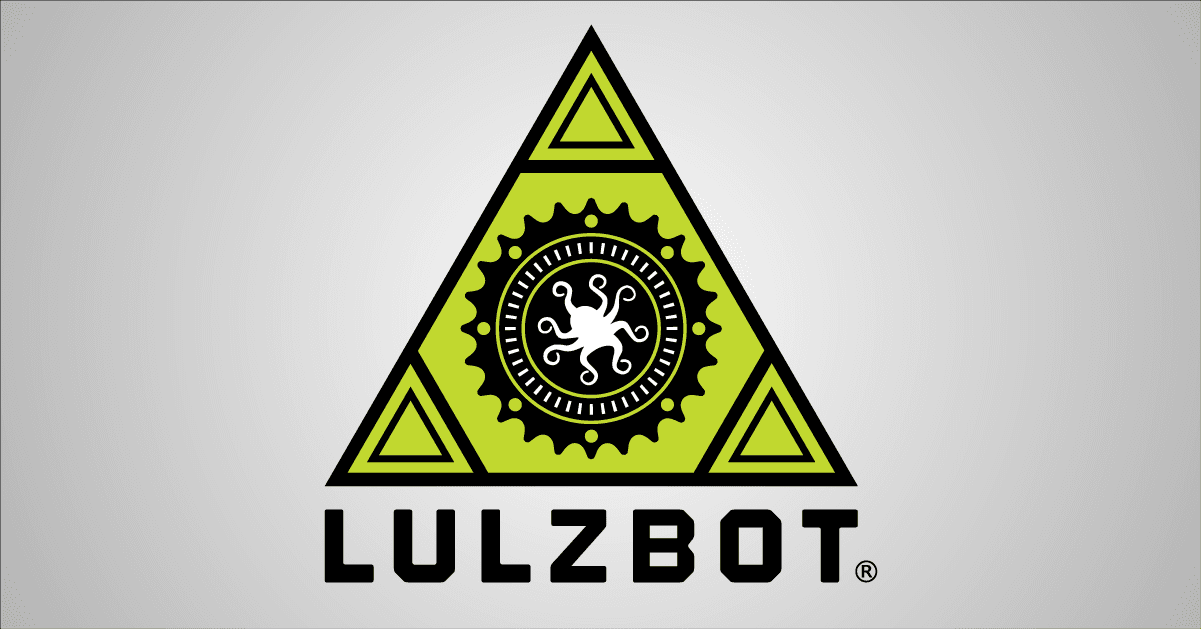Building blocks are not just for kids anymore. Open Source Ecology (OSE) is building its network of farmers, engineers, and supporters by creating life-size sets of modular tools, similar to the building blocks of our youth. Instead of make-believe forts and killer robots, the tools created by OSE, called the Global Village Construction Set, allow for the easy, do-it-yourself fabrication of the 50 different industrial machines it takes to build a sustainable civilization with modern comforts.
OSE's open source, low-cost, high-performance technological platform is designed to lower the barriers of entry into farming, building, and manufacturing, creating entirely new economies in the process. It takes many iterations to create and test the small-scale models that someday will be large, metal, operation equipment.
Finding a way to create prototypes quickly and affordably was essential for OSE to continue on their mission of providing a method for rural communities, urban redevelopment areas and the developing world to have access to machines-- everything from tractors and wind turbines to bread ovens and dairy milkers.
OSE chose to use two LulzBot® TAZ desktop 3D printers and an AO-101 (an earlier model of LulzBot 3D printer) in their Kansas City, Missouri facility to create small-scale models of the parts for each of the machines, which are then tested to make sure they fit properly.
'Rapid prototyping allows you to build at a very low cost because you're doing it once instead of ten times. It takes three days to build a backhoe without rapid prototyping. With a 3D printer, it takes one day,' says Marcin Jakubowski, OSE founder and director.
Having a physical representation of the backhoe allows OSE to make a training video, which is then used to demonstrate and teach people how to build the machine on their own.
Now Jakubowski and his crew can measure their success in days instead of weeks. Instead of the costly trial-and-error with metal parts, OSE workers spend their energy perfecting their designs and testing with ABS plastic prints before manufacturing in full scale.
'The efficiency is that if we can prototype something before we build it in metal, we're saving ourselves wasted time and parts,' says Jakubowski.
OSE's machines will compete in the open market for a fifth of the conventional cost, which will put OSE well on its way to the goal of creating an open source economy built on collaboration and innovation.


